Doomed monarch
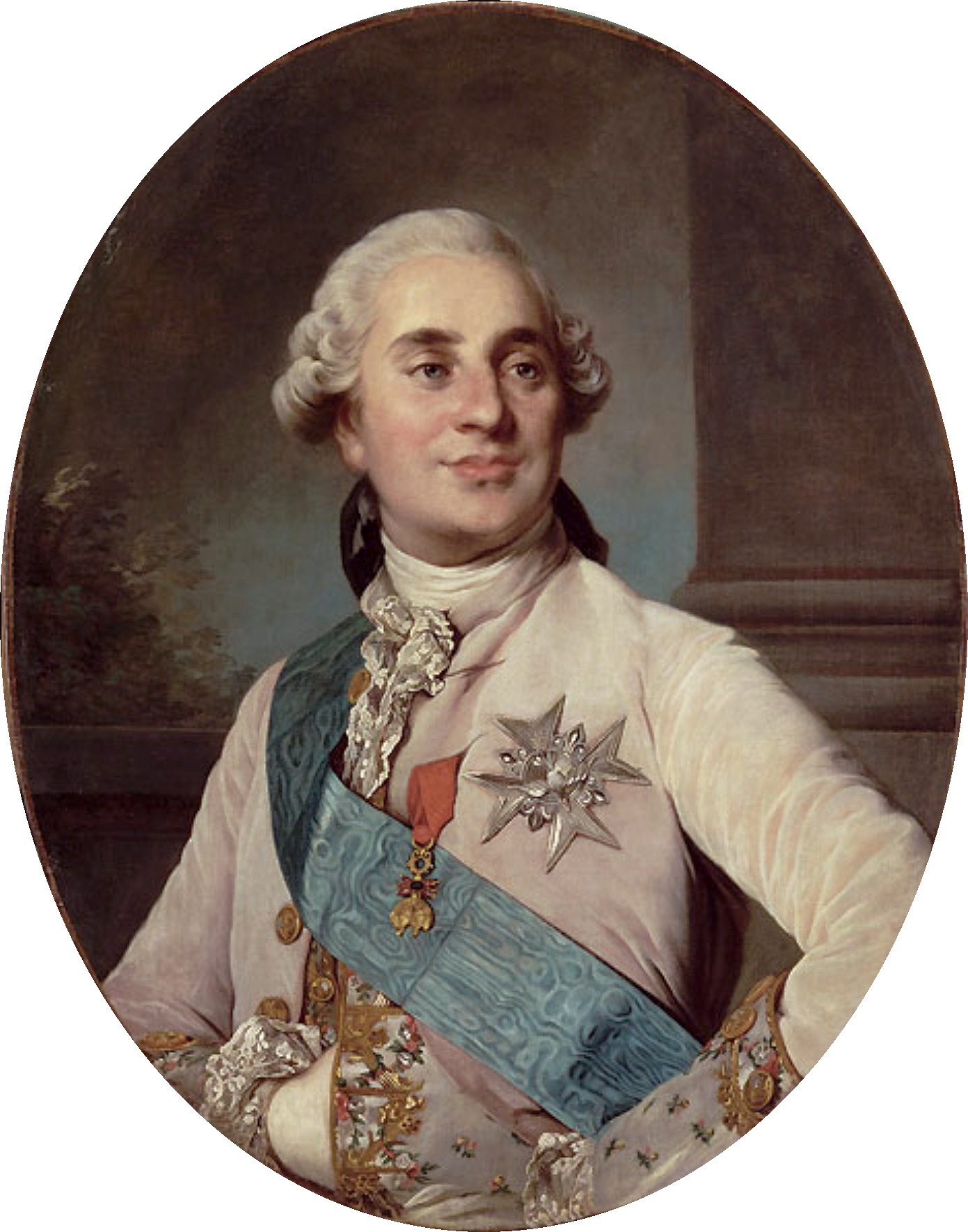
King Louis XVI had a troubled reign as France's absolute monarch from 1774 to 1789.
Bloody end

Popular discontent with the royals ousted them from power and Louis XVI and his wife, Marie Antoinette, were eventually executed during the French Revolution in 1793.
Historic squash
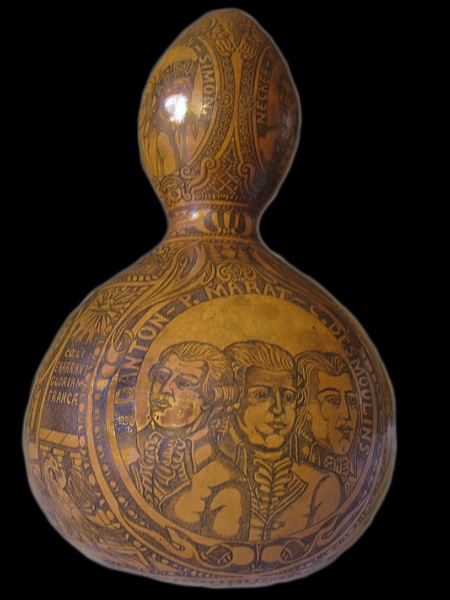
Legend had it that at the execution, witnesses dipped their handkerchiefs in the decapitated monarch's blood, and one person apparently put a bloody handkerchief in a decorative gourd as a souvenir.
Long-lost relative
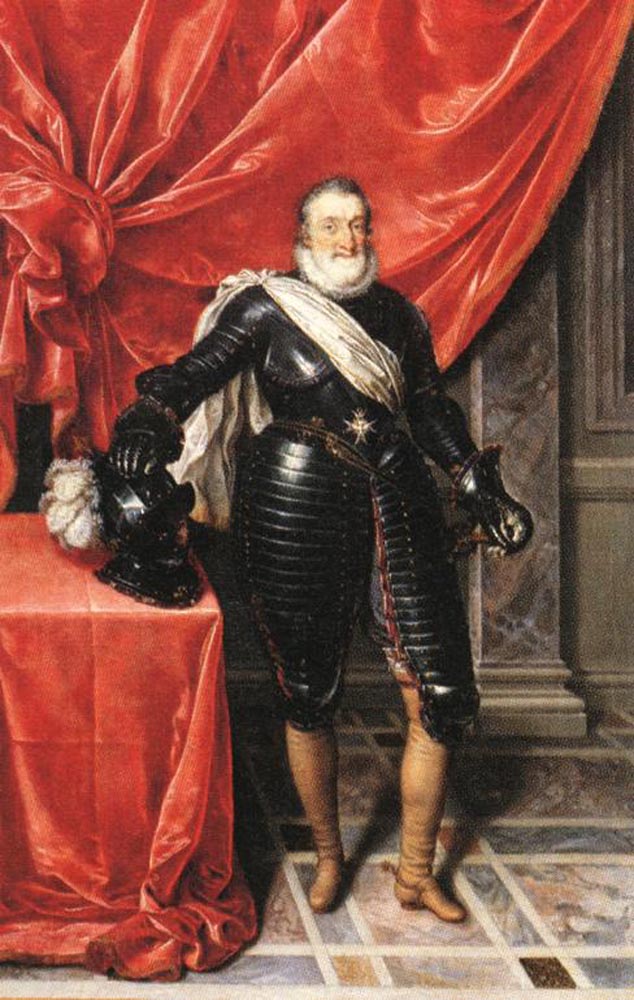
Though the handkerchief has long-since disintegrated, the blood remained. To identify it, researchers used samples from a head believed to belong to King Henry IV, Louis XVI's direct descendant. "Good King Henry" lived about 200 years before the executed king.
Embalmed head
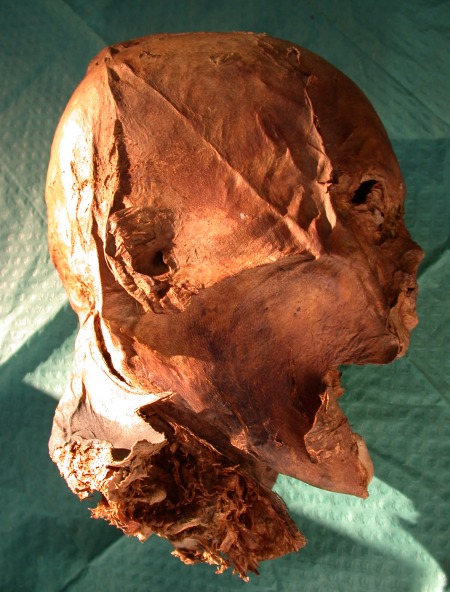
During the French revolution, angry crowds sacked the royal tombs and cut off the embalmed head of Henry IV. It was held privately until 2010.
Royal reconstruction
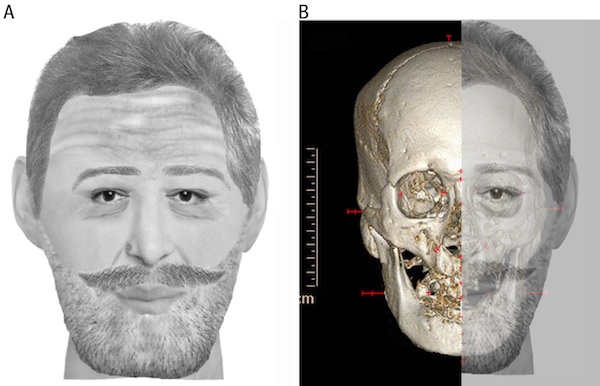
A 2010 facial reconstruction strongly suggested that the head belonged to French King Henry IV, but initial DNA samples were too badly decomposed for analysis.
Direct relations
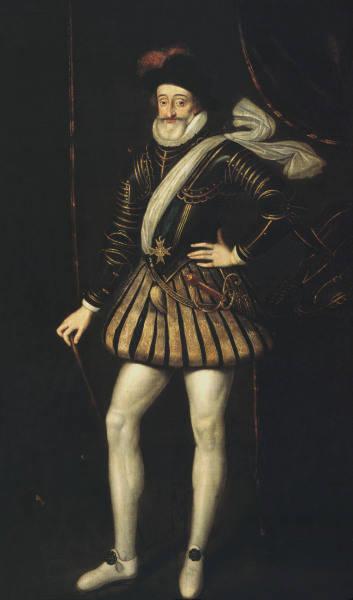
A forensic scientist managed to get DNA from Henry's head, and compared it to the blood believed to be Louis XVI's in the decorative gourd. The analysis confirmed the two samples came from related men. The results authenticated that both the head and the blood came from the long-dead French monarchs.
Get the world’s most fascinating discoveries delivered straight to your inbox.

Tia is the editor-in-chief (premium) and was formerly managing editor and senior writer for Live Science. Her work has appeared in Scientific American, Wired.com, Science News and other outlets. She holds a master's degree in bioengineering from the University of Washington, a graduate certificate in science writing from UC Santa Cruz and a bachelor's degree in mechanical engineering from the University of Texas at Austin. Tia was part of a team at the Milwaukee Journal Sentinel that published the Empty Cradles series on preterm births, which won multiple awards, including the 2012 Casey Medal for Meritorious Journalism.


